Discover Bahria University
Discover Bahria University

Bahria University is a federally chartered public sector university established by the Pakistan Navy in 2000. Bahria has steadily evolved into one of Pakistan’s premier higher education institutions. Learn More
University Pulse: Stay Updated with Bahria News!
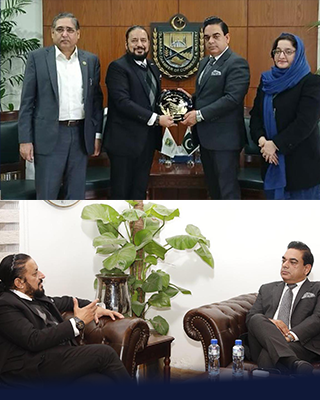
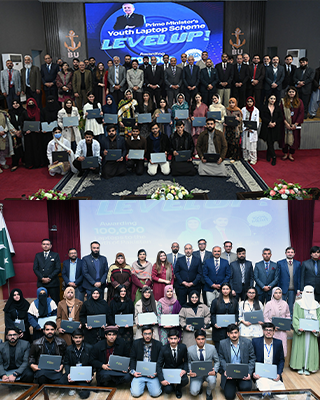
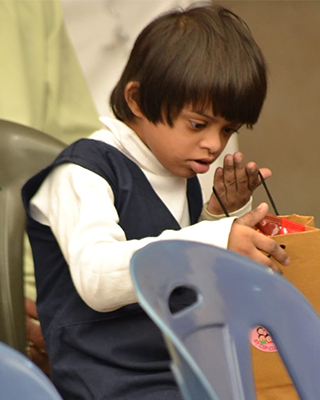


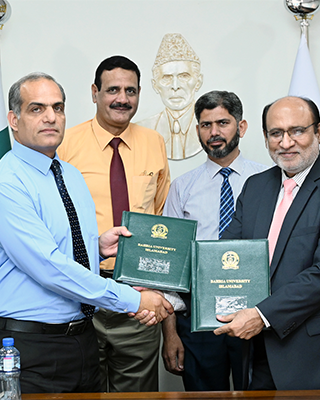
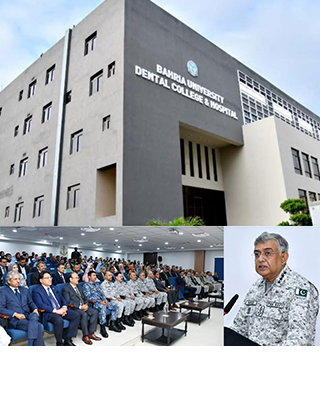
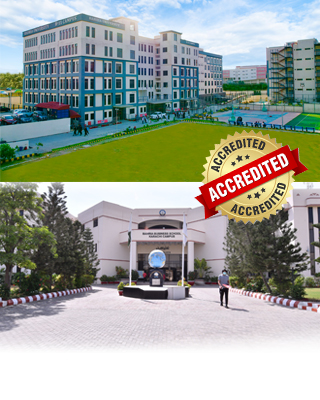
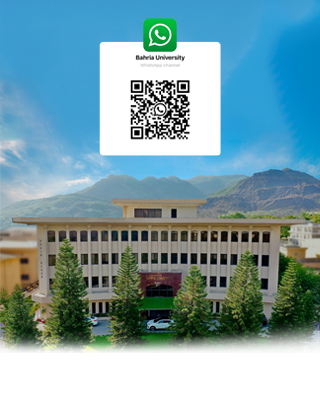
Mark your Calendar: Whats Next at Bahria!
Admissions Preview – Your Path to Excellence Starts Here!
Discovering Excellence, Innovation, and Your Path to Success!
130 +PROGRAMMES IN 3 CITIES
55,000+SUCCESSFUL ALUMNI
75+INTERNATIONAL LINKAGES
21,000+STUDENTS ENROLLED
PKR 535M+SCHOLARSHIPS GRANTED
Top 2%SCIENTISTS IN THE WORLD
RankingTop Ranked University
Explore a Spectrum of Degrees from BS to PhD and Beyond

Our programmes build a strong academic foundation, practical skills, and industry-relevant experience, preparing students for diverse careers and real-world challenges.

Fostering expertise in Engineering, Humanities, Medical Sciences, and IT, our graduate programmes emphasize advanced research, industry collaboration, and career.

Our doctoral programmes focus on rigorous research, critical inquiry, and innovation, preparing scholars to contribute to academia, industry, and global economic growth.

Our flexible diploma programmes provide career-enhancing education, helping professionals upskill, explore new fields, and stay adaptable in a rapidly evolving world.
Top-Tier Education in Pakistan’s Metropolitan Hubs







Transforming Ideas into Impact
Advancing Scientific Breakthroughs for a Smarter Tomorrow

Bridging Research with Market-Driven Success

Shaping the Future of AI with Innovation & Expertise

Leading Maritime Policy and Strategic Research

Hub for Maritime Innovation & Blue Economy Growth

Empowering Startups and Shaping Entrepreneurial Success

Thrive Beyond the Classroom and Experience Bahria’s Vibrant Student Life with Exceptional Campus Facilities!